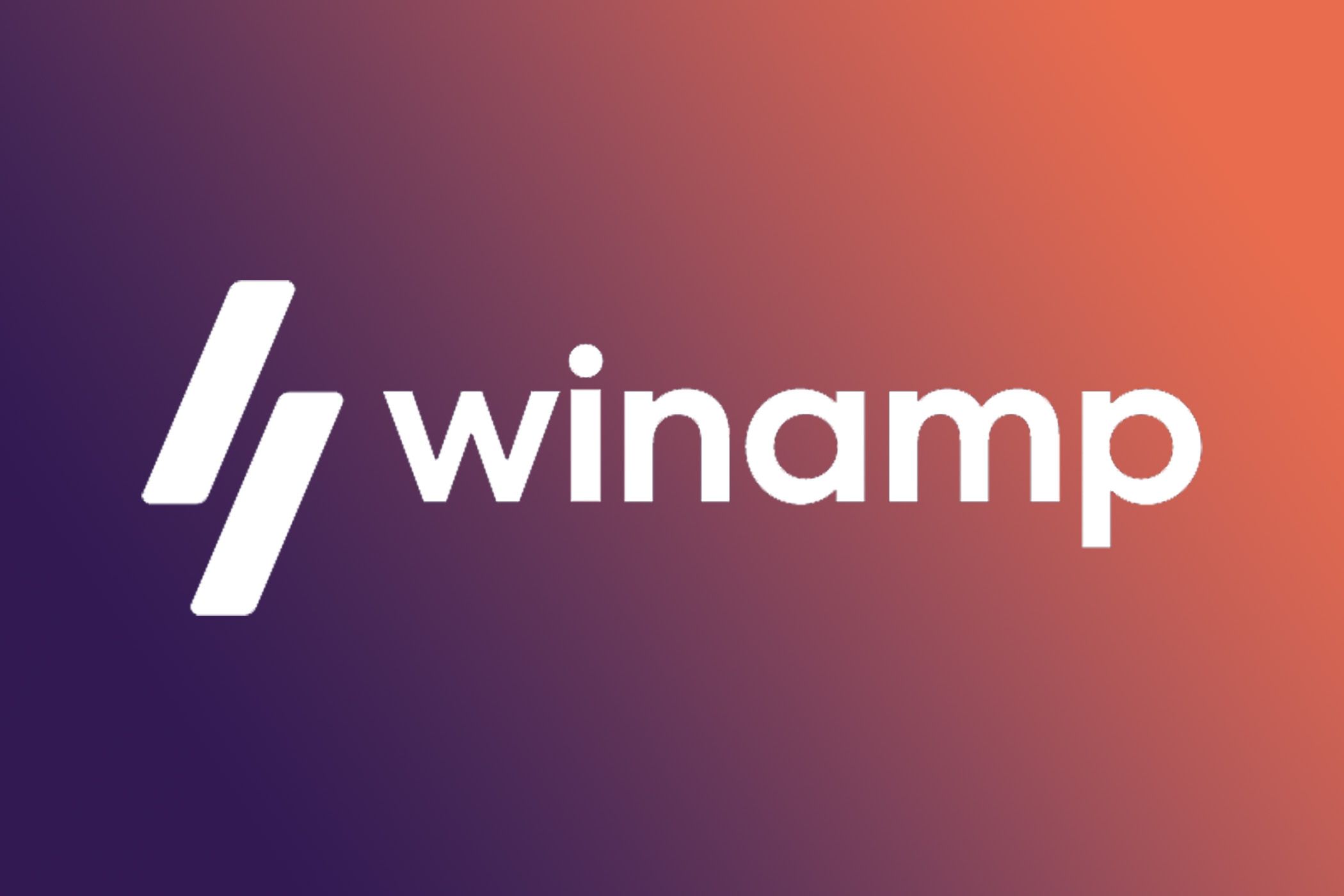The open-source release of Winamp, a popular audio player, has gone particularly badly. It has been deleted from GitHub, possibly due to the controversy and confusion surrounding it.
Llama Group, the current owner of Winamp, released the source code in September 2024. After many issues, Llama Group deleted the entire Winamp repository from GitHub. This comes after a lot of issues that show Llama Group didn’t really understand what was involved with putting the software on GitHub. The initial release of the code included a custom license, the Winamp Collaborative License (WCL). This outright banned forking, which is essentially making a copy of a file and making your own modifications and changes without affecting the original codebase. Forking is very common in open-source software development, so this clause not only drew criticism but also violated GitHub’s terms of service.
Llama Group eventually revised its license to allow forking but prohibited the distribution of modified versions. This is another strange thing to do, as open source with GitHub doesn’t work that way. Either way, this was ineffective because GPL 2 source code within the repository requires any derived work to be licensed under the GPL 2 license. This license gives anyone the “freedom to distribute copies of free software (and charge for this service if you wish), that you receive source code or can get it if you want it, that you can change the software or use pieces of it in new free programs.”
Another big issue was that the code release also had portions of Shoutcast DNAS server code, which Llama Group had previously sold to Azerion. Unfortunately, the code also contained source code from Intel and Microsoft, which is most likely a big licensing issue, as Llama Group probably don’t have the authority to release that code. If anything, this shows how difficult it is to release source code from a bigger program and the difficulties with open-sourcing legacy software. The codebase usually has pieces from different sources. That generally needs legal and technical review to make sure everyone is following open-source licensing requirements.
Llama Group said back in September that it hoped the source code release would “enable the entire developer community to participate in maintaining and developing new features.” The release might still do that, since the code is still readily available in mirrors, but only with unofficial projects that won’t be officially-sanctioned.
Source: Winamp, The Register
Source link
